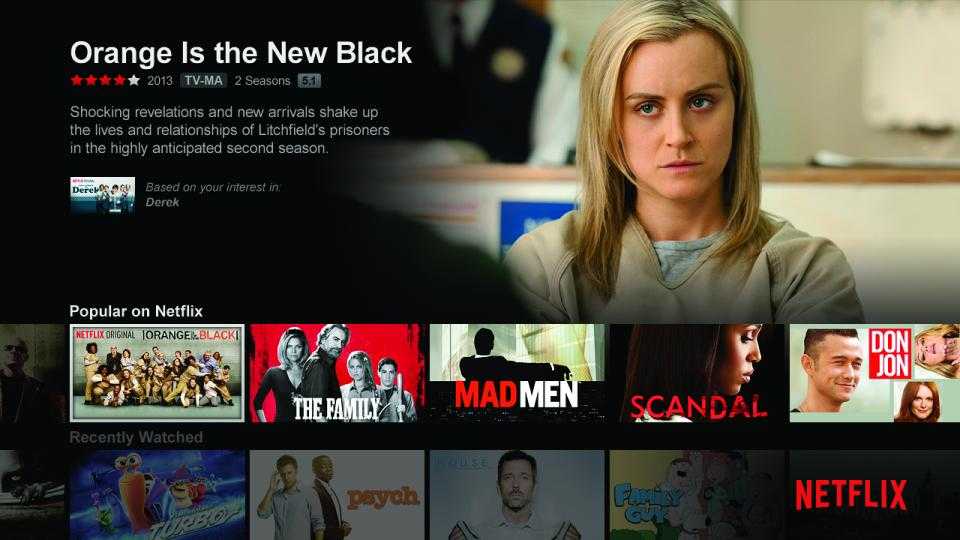Netflix has agreed to pay Time Warner Cable to improve streaming quality and reliability on the second biggest internet provider in the US. The deal will see Netflix tap directly into Time Ware Cable's network although details of how much it paid for the access are not known.
Time Warner confirmed that the new direct connection between it and Netflix would go live later this month. Netflix already has similar deals with AT&T, Comcast and Verizon. While Netflix has now signed so-called 'peering agreements' with the four biggest ISPs in America it is also argued that such deals will destroy net neutrality .
The controversial deals require big companies such as Netflix to pay major internet providers for preferential treatment such as faster and more reliable connections. Netflix has previously stated its reluctance to sign such deals. Before the big-money agreements were made many Netflix customers in the US complained of buffering and low quality streams.
Major internet companies including Amazon, Facebook, Google, Twitter and Microsoft have already written to the FCC urging it to ban a two-tiered internet. The companies argue that the internet should never discriminate against certain companies and force them to pay for better access to the network. The open letter said such moves represented a "grave threat to the internet".
Netflix, which can account for nearly a third of all US internet traffic on any given day, has asked the FCC to ban such payments. The FCC is currently gathering evidence on paid peering deals but hasn't promised to take any action. The regulator could allow current deals to continue as they are or introduce new legislation to control them. There is also a possibility that the FCC will ban paid peering altogether, although the regulator has remained tight-lipped on what it intends to do.
In the UK the BBC has agreements with a number of ISPs to deliver iPlayer over a peered link. These links works in a similar way to what Netflix has agreed with providers in the US, but there's no suggestion that money has changed hands. The agreements between the BBC and UK ISPs are seen as mutually beneficial with video streaming working better and ISPs offering a better service to customers.

